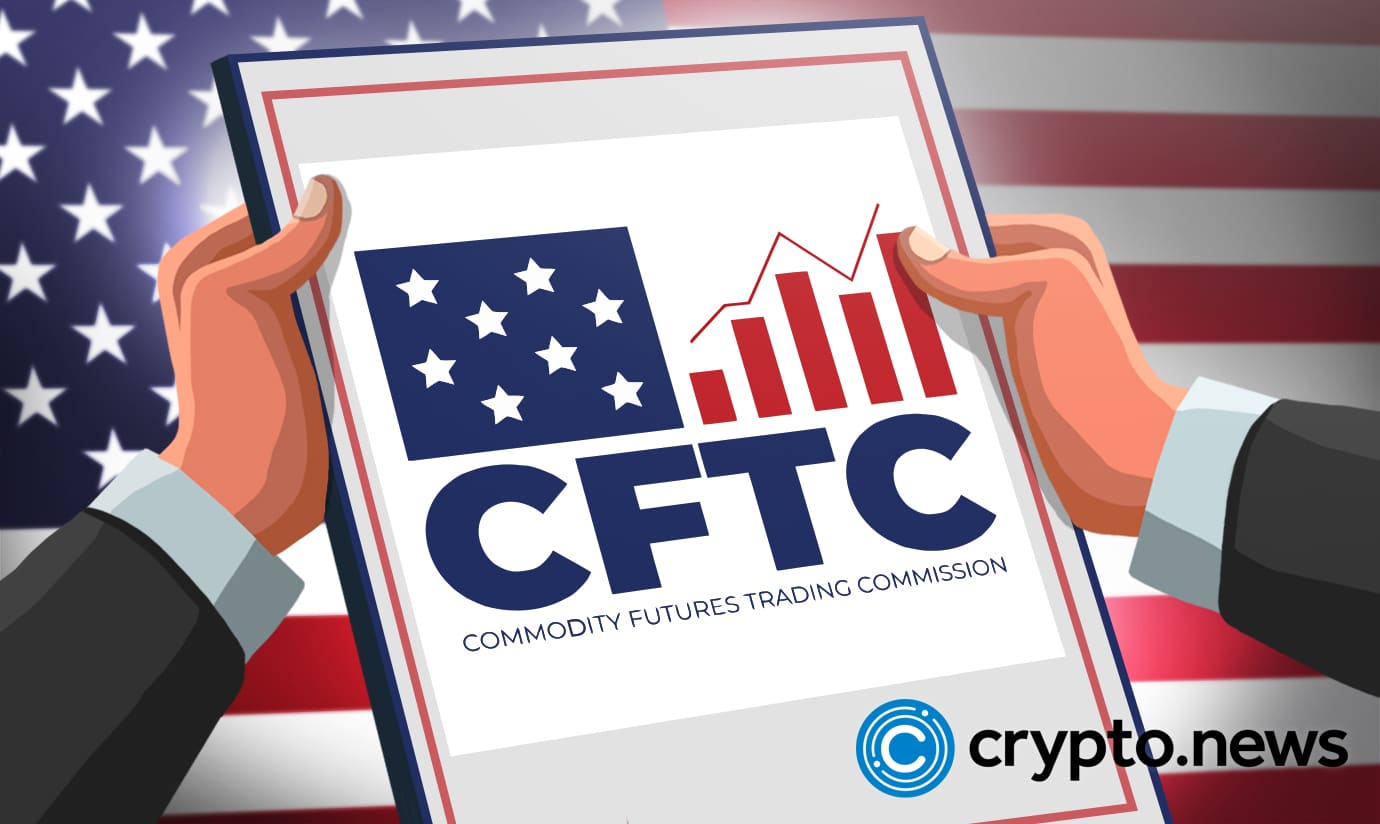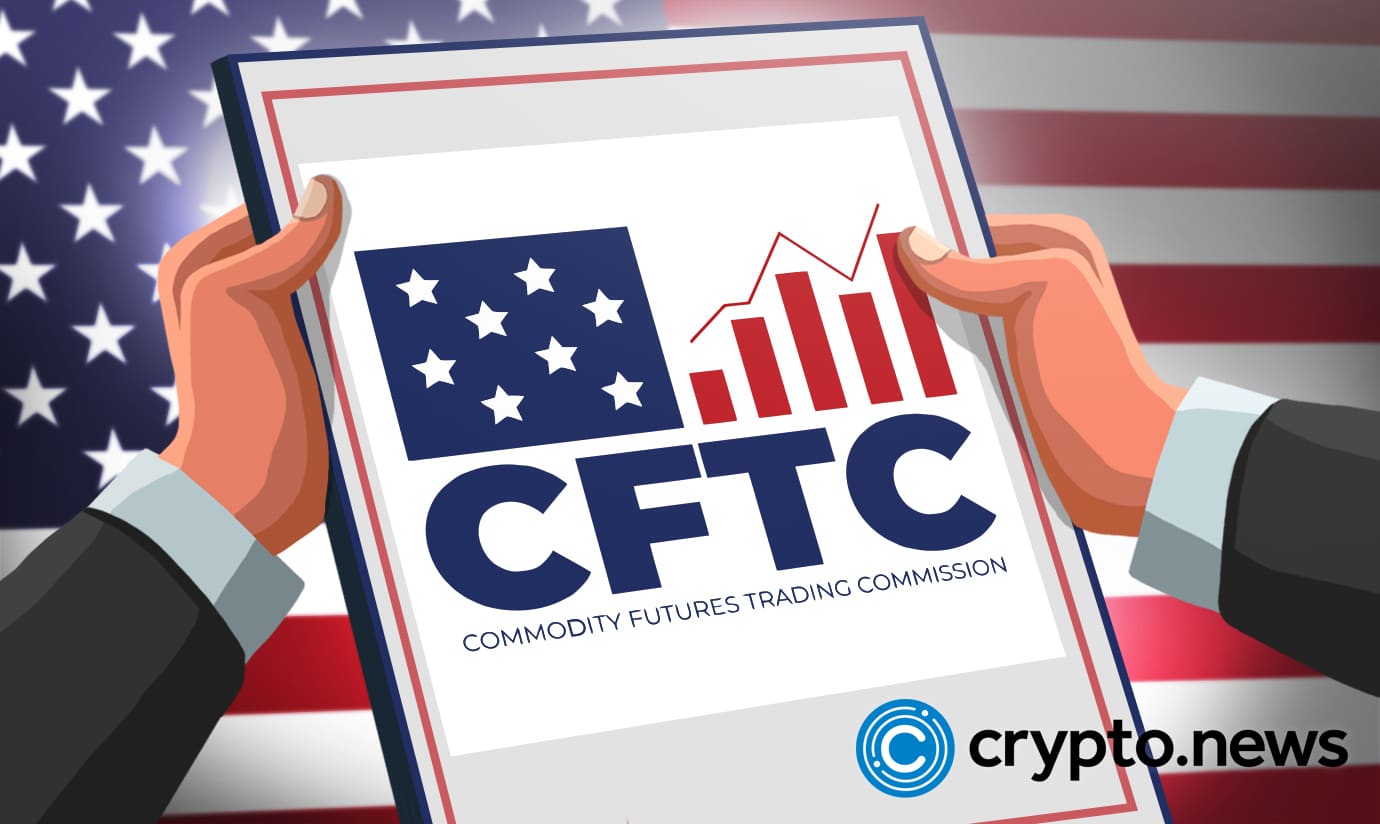Trump in considerations for CFTC to regulate crypto

The U.S. President-elect’s administration is considering the commodity trading authority to take over the crypto regulations.
The Commodity Futures Trading Commission (CFTC) is in Donald Trump’s eye to lead the emerging financial industry, cryptocurrency, after the exchange commission weighed on the past few years to rule.
According to Fox Business on Nov. 26, the effort to move the power to the CFTC has been seen as Trump and the Republican majority repeal the jobs from the Securities and Exchange Commission (SEC).
If the concept is approved by Congress, the commission will have a major role in regulating digital assets, as well as crypto-related products such as Bitcoin spot ETF and Ethereum spot ETF. It will also allow them to supervise the options market, which released some crypto products earlier this month.
The newly elected President also wanted to bring an innovative environment to the digital asset, which can create a better outlook for the industry since crypto is still considered as a new financial market.
SEC role will replaced by CFTC
The SEC, under Biden’s presidency, has received a lot of criticism from the crypto market due to the heavy enforcement of court and regulations. Last year, the commission was accusing crypto-related entities up to 46 times, which increased by 53% from the previous year. It is also the highest number of lawsuits since the commission supervised crypto in 2013, according to a report from Cornerstone Research.
Crypto exchanges, like Binance and Coinbase, are the major target for SEC lawsuits, including the Changpeng Zhao (CZ) cases for operating illegal exchanges and violating securities law. Coinbase is also facing the same lawsuit under SEC Chairman Gary Gensler, which indicates as unregistered exchange.
CFTC, on the other hand, will play a significant role in the growing industry with 50 million traders and a $3 trillion market size. The move also would allow the commission to regulate crypto exchanges, companies, and individuals in specific markets.
